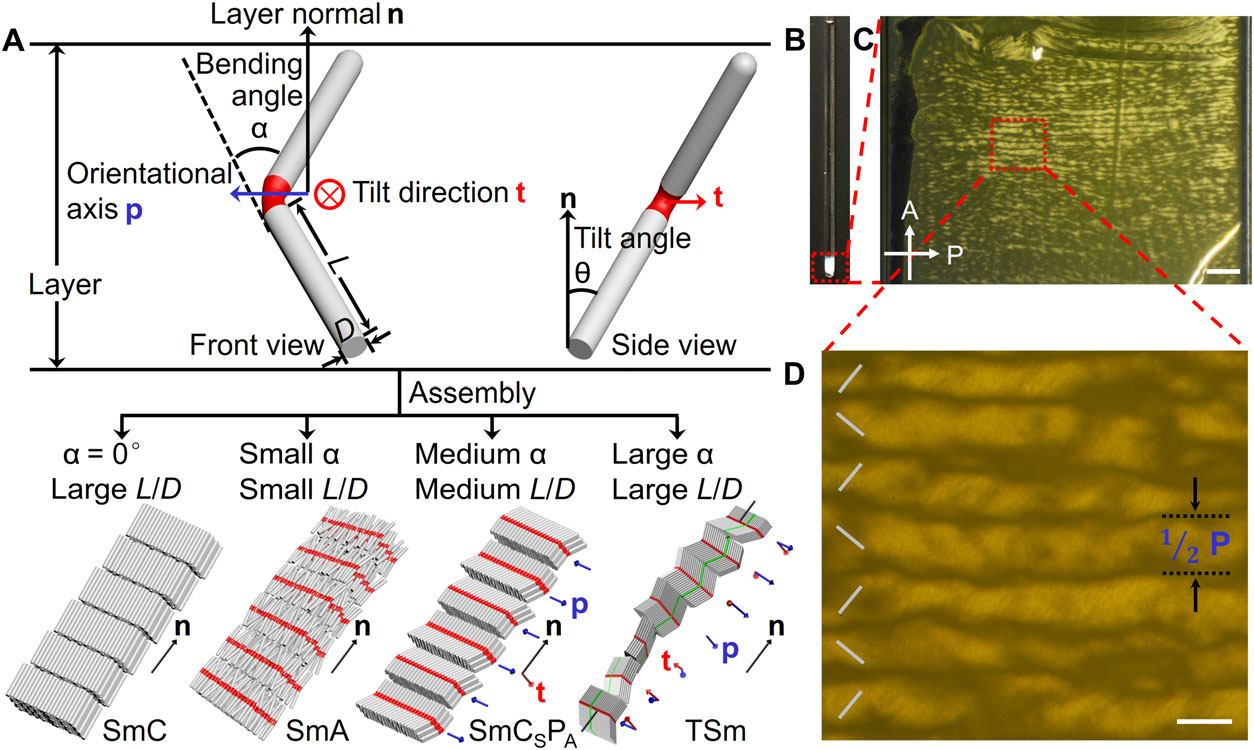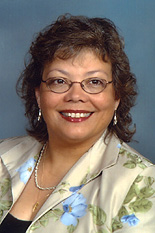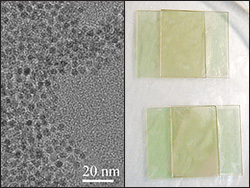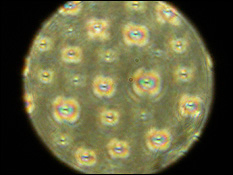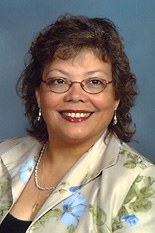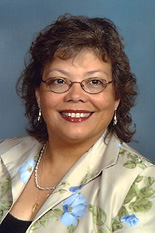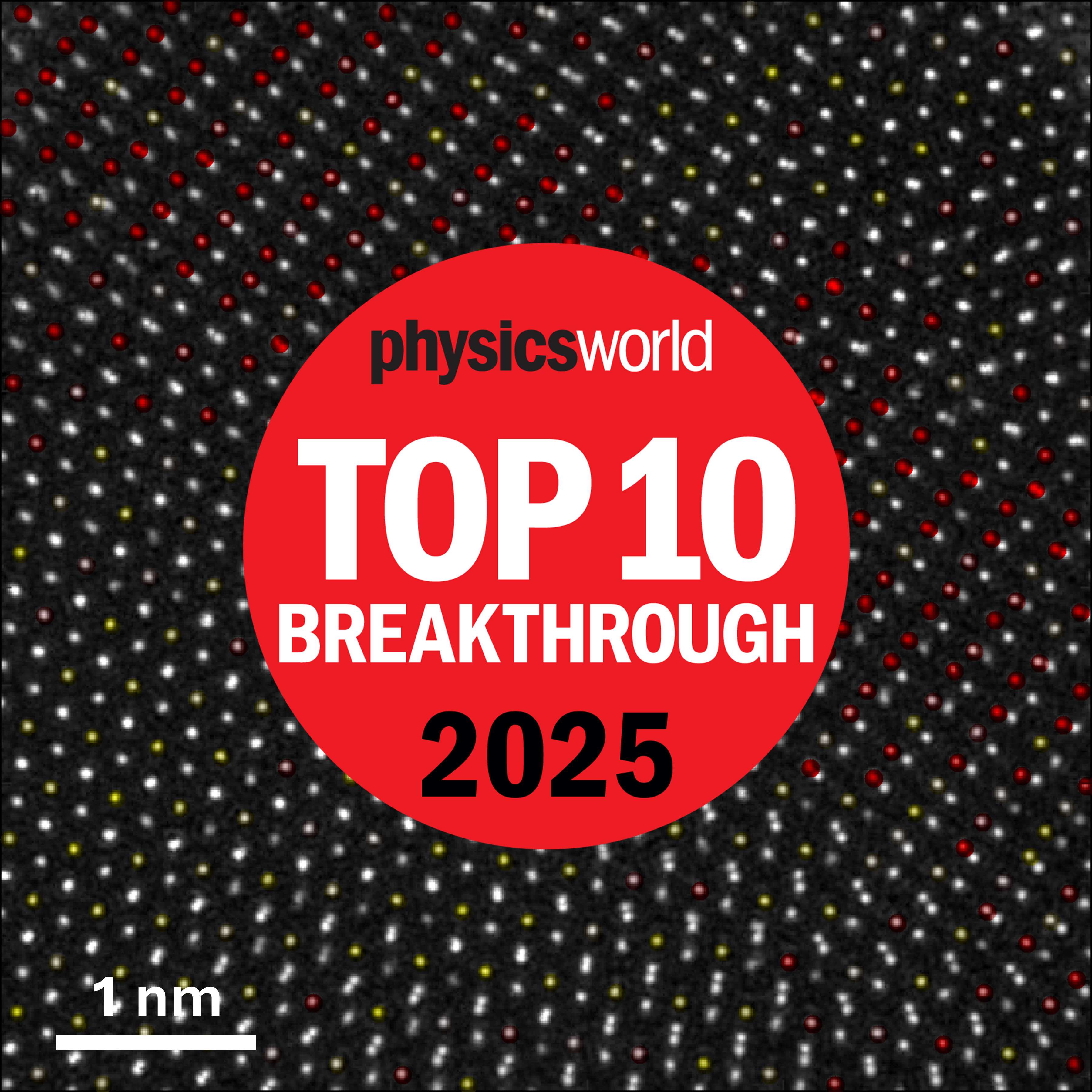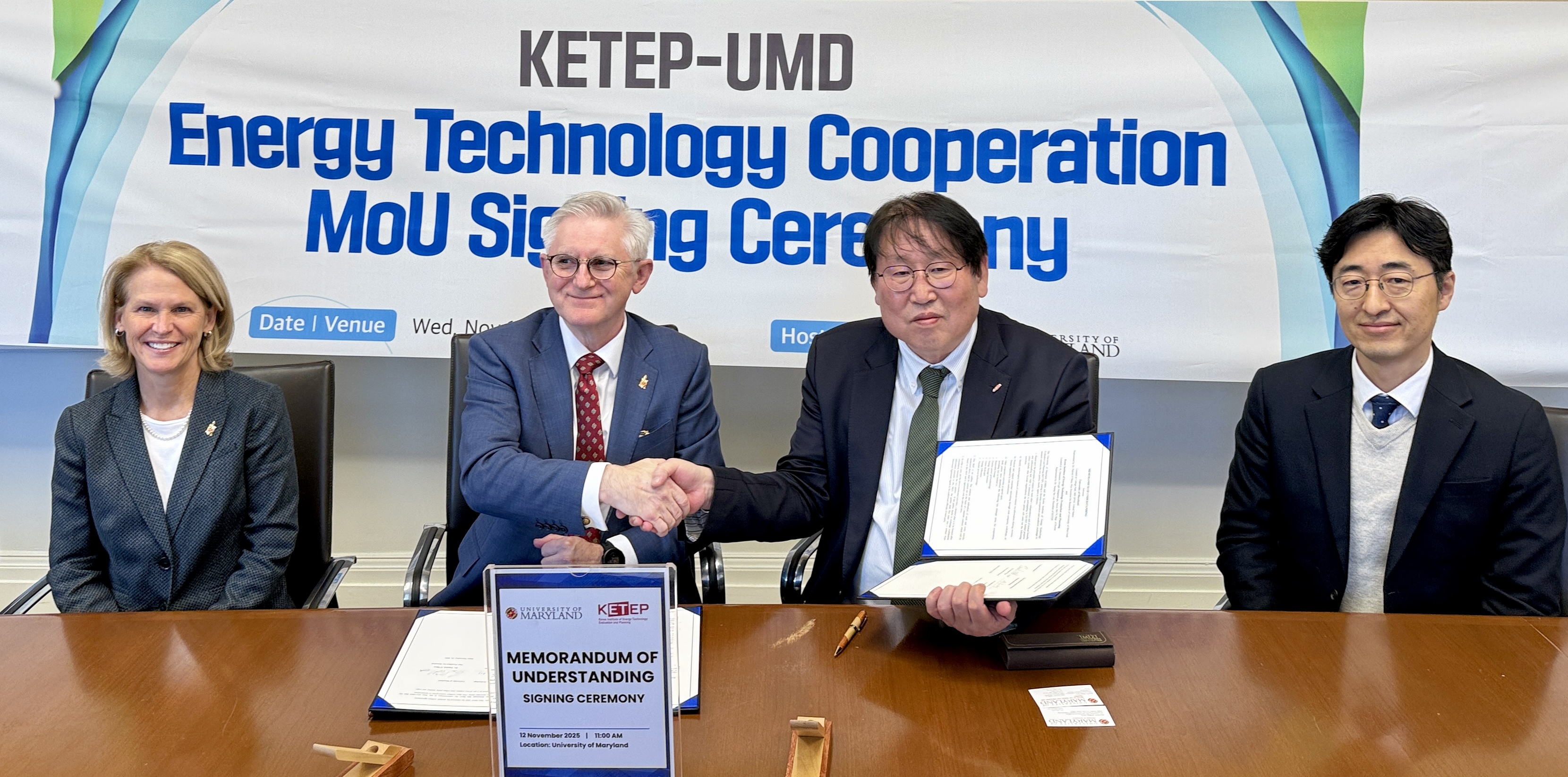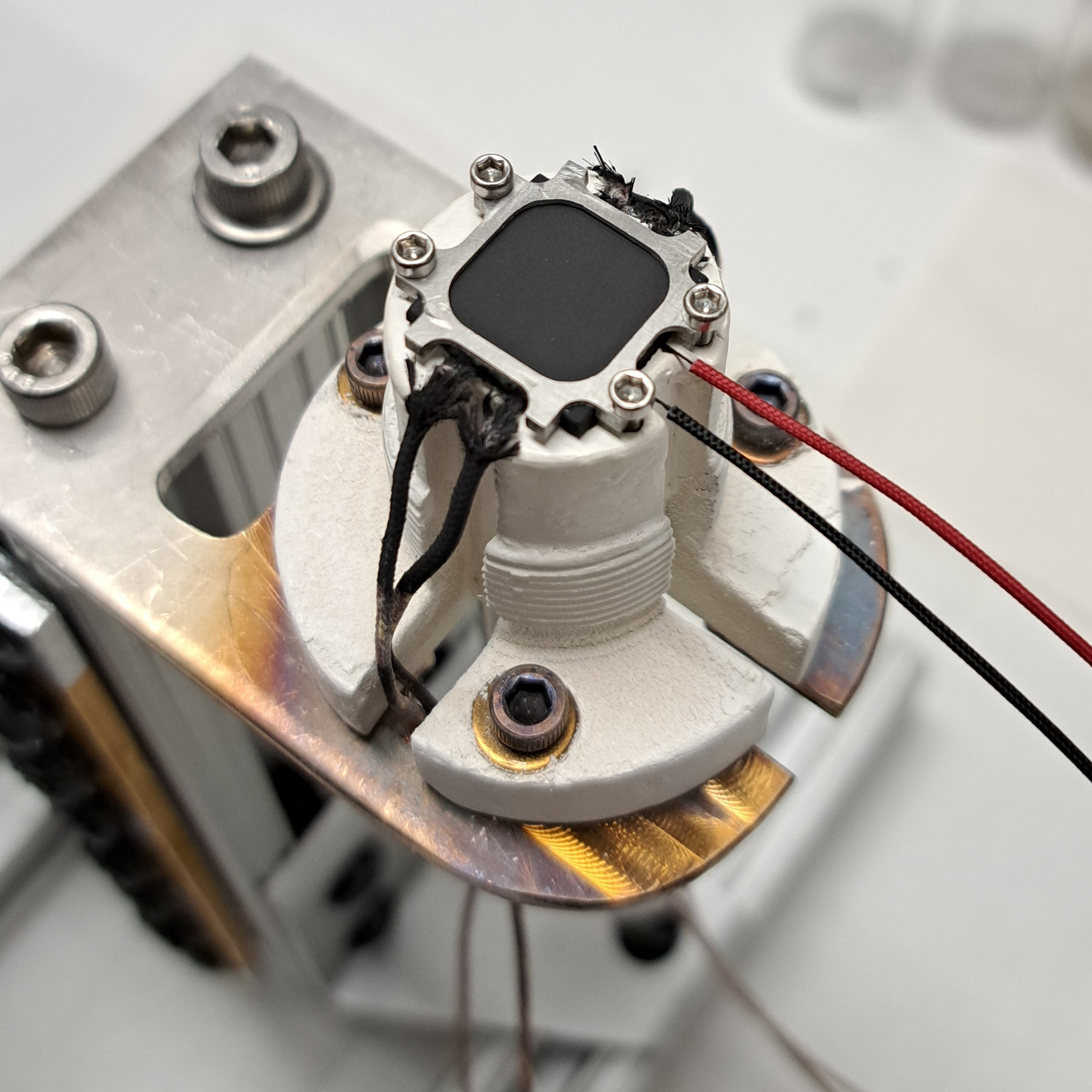News Story
Martinez-Miranda Elected APS Fellow
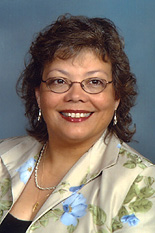
Associate Professor Luz Martinez-Miranda
Associate Professor Luz Martinez-Miranda (Department of Materials Science and Engineering (MSE), Maryland NanoCenter, and Graduate Program in Bioengineering) has been elected to Fellowship in the American Physical Society (APS). The Council of the APS cited Martinez-Miranda "for sustained achievements in recruiting, mentoring, and advancing women and minorities in physics; for engaging K—16 students in the excitement of research; and for being a superb role model through her elegant research to understand liquid crystal systems and further their application." Founded at Columbia University in 1899, APS has 46,000 members and is the publisher of Physical Review Letters, the top physics journal in the nation. APS Fellows constitute no more than one half of one percent of the total membership. Martinez-Miranda's primary areas of research are in liquid crystals for biological studies and general engineering applications (displays and other devices) and X-ray scattering techniques of liquid crystal and other materials. She is currently studying the interaction of liquid crystal with nanoscale materials. Since nanometer-sized liquid crystal phases are found in the cell walls of all living creatures, her studies have implications in the healthcare field and the study of biological interactions, particularly where nanoparticles are used as carriers for the delivery of treatment. Martinez-Miranda joined MSE (then the Department of Materials and Nuclear Engineering) in 1995, and contributed to the creation of its undergraduate program, including the design of two of its junior year materials labs. She has continued her involvement with MSE undergraduates, serving as one of the department's advisors, and is active in mentoring-oriented programs such as the University's Materials Science and Research Engineering Center's Research Experience for Undergraduates (MRSEC REU), and the Alfred P. Sloan Foundation’s efforts to increase and support underrepresented American minority Ph.D. students in math, science and engineering. She was part of a team that recently completed a NSF-funded project to develop new laboratory experiments that effectively engage undergraduate engineering students in the scientific processes and exploration of concepts in nanotechnology. (See related story.)
Published November 30, 2007
